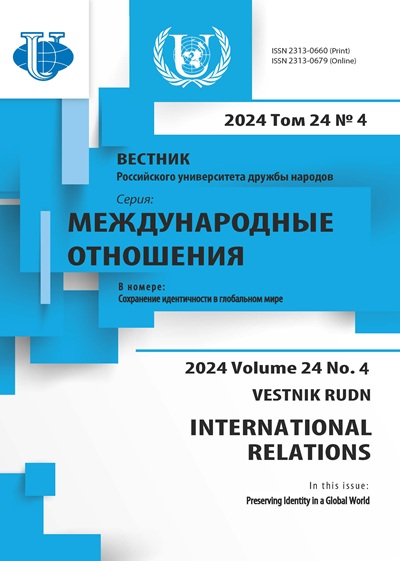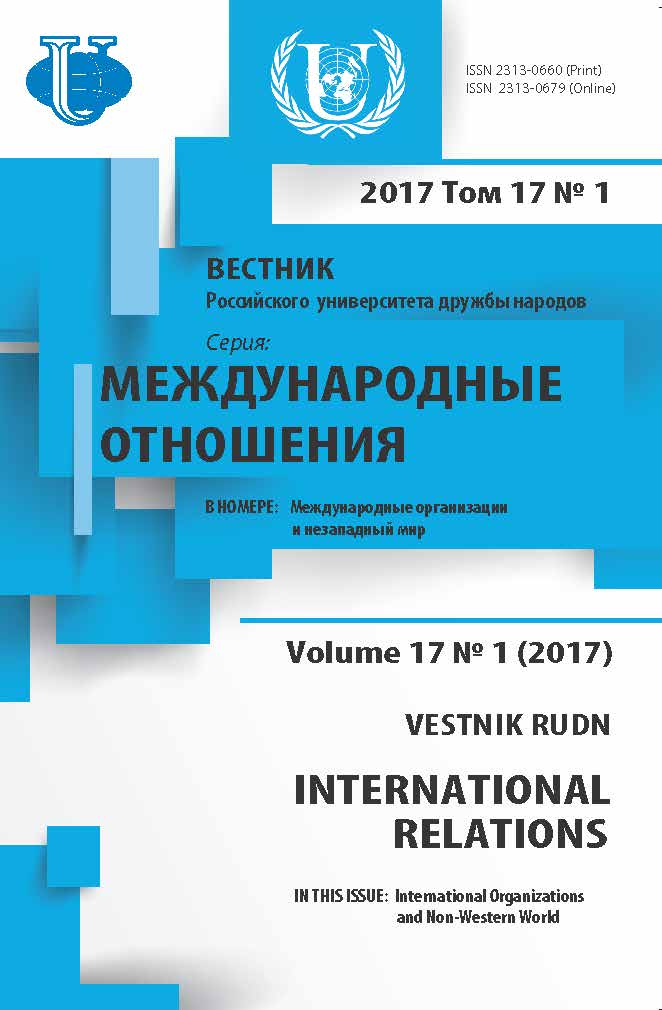Abstract
The history of South Africa as a unified state is intertwined with the events of international scale. The colonization of South of Africa is linked to the resettlement of the Dutch and the English, engaged in various entrepreneurial activities - trade, mining, agriculture, etc. The formation of South African Union was preceded by a long period when the idea of uniting the British colonial possessions in southern Africa was consistently formed and created by long-term plans. At the same time, several powers competed for economic penetration into South Africa, for instance, albeit to a lesser degree, the United States of America in addition to Germany and England. From 1869 to 1886 the world's largest deposits of diamonds and gold were discovered, which produced a staggering effect on the whole world and radically changed the situation in the region. Conflict of interests in the struggle for control over the richest resources led to war (both campaigns are sometimes called the Boer War), which was the first one in the 20th century. The Anglo-Boer War, the largest international event is of interest from a wide variety of points of view, had left a notable mark in the history of Russia. The Russian government sought to support the Boers and take advantage of the difficulties of their then main rival in the world arena at a time, and the Boers in turn needed the support of world powers in their struggle. Although diplomatic relations with Russia were established the Russian embassy in Pretoria never appeared, due to the fact that a year later the war began. As a result of the war and the processes taking place in the southern part of Africa, emerged the British dominion - South African Union. The approval by the British Parliament of the “South Africa Act” liquidated the last obstacles to the establishment of the Union, and on May 31, 1910, the establishment of a new state, the South African Union, was officially proclaimed. Therefore the socio-economic and political processes that took place in South Africa were reflected in the world politics of that time and had serious consequences of the global scale. They had an important influence in shaping the foreign policy strategy of a new state as yet the dominion of Great Britain.











